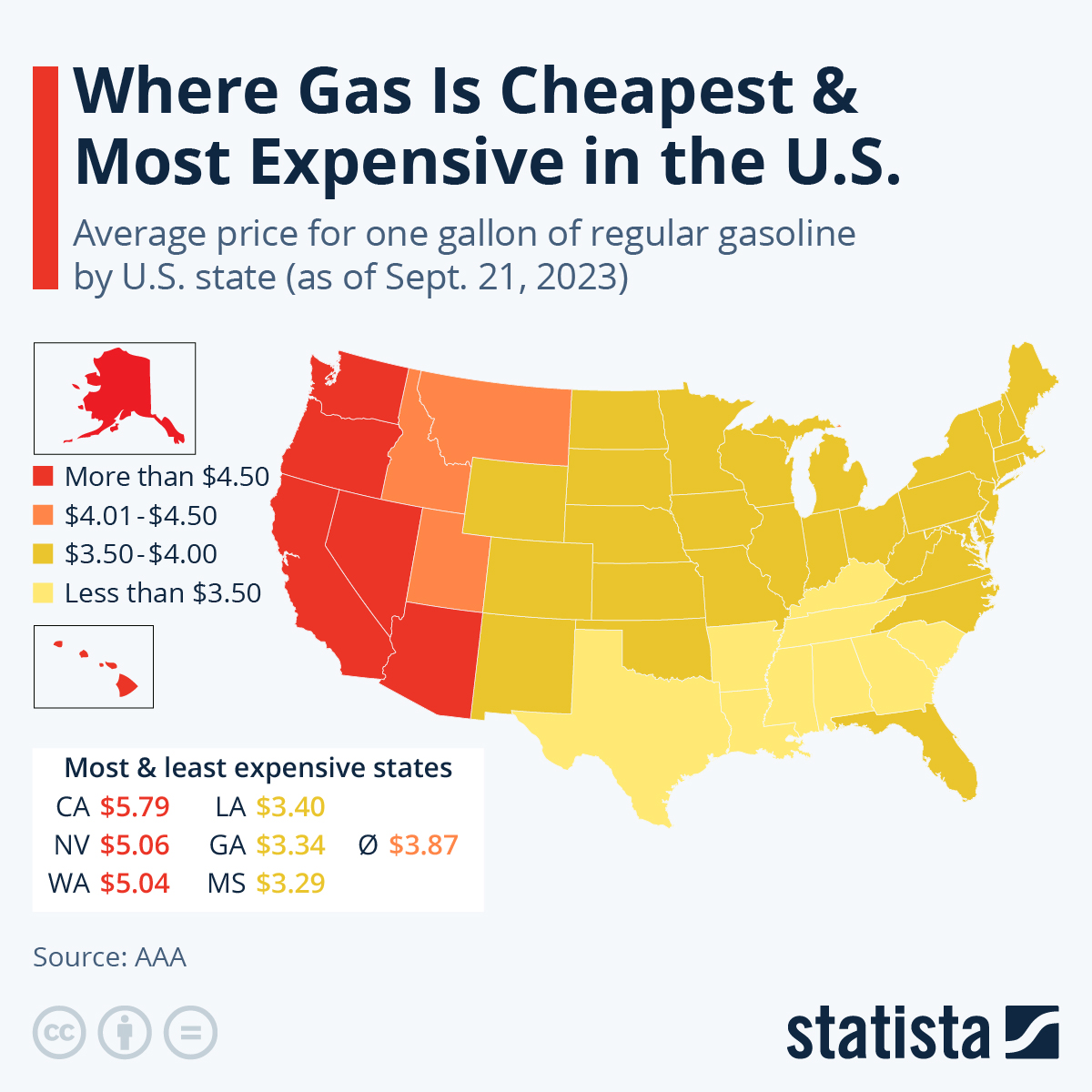Browsing the Oil Cost Rollercoaster: Approaches for Fuel Oil Customers
Browsing the Oil Rate Rollercoaster: Techniques for Gas Oil Users gives an extensive overview for people and businesses looking for to handle the ever-changing landscape of oil prices. With the unstable nature of the worldwide oil market, gas oil users must establish efficient techniques to alleviate risks and enhance their energy expenses. It talks about long-term techniques for accomplishing stability in oil rates.
Comprehending Oil Cost Changes
Understanding the variables behind oil cost changes is vital for gas oil users to make educated choices. Oil rates are affected by a multitude of aspects, consisting of supply and need characteristics, geopolitical tensions, financial development, and market conjecture. By gaining a much deeper understanding of these variables, gas oil individuals can much better anticipate and respond to value modifications, ultimately lessening prices and making the most of effectiveness.
Supply and demand dynamics play a considerable duty in oil rate fluctuations. When supply surpasses need, oil costs tend to decrease, while when need outstrips supply, costs increase. Aspects such as manufacturing levels, supplies, and refinery capabilities all impact the balance between supply and need. Geopolitical stress can additionally interfere with oil markets, causing cost volatility. Problems in oil-producing areas or interruptions in supply courses can cause spikes in prices.
Additionally, financial development and market conjecture can influence oil prices. Throughout periods of robust financial development, oil demand often tends to enhance, pushing prices higher. Conversely, financial recessions can cause minimized demand and reduced prices. Furthermore, market supposition, driven by factors such as investor belief and monetary market problems, can trigger oil rates to differ their basic worth.
Hedging Options for Gas Oil Customers

Optimizing Gas Performance
To maximize gas efficiency, fuel oil customers can execute approaches that focus on making the most of the mileage per gallon. Making use of alternative fuel resources like biodiesel or all-natural gas can be explored as they frequently supply better mileage per gallon compared to standard gas oil. By carrying out these techniques, fuel oil individuals can lower their gas intake and maximize their general gas performance.
Expanding Your Energy Sources
One reliable means to reduce the effect of fluctuating oil prices is by branching out power resources. Depending exclusively on fuel oil can leave people and organizations susceptible to price volatility and supply interruptions. By diversifying power resources, customers can lower their dependence on oil and possibly reduced their general energy prices.
There are several alternatives to sustain oil that can be considered for diversification purposes. Renewable resource resources, such as solar and find out this here wind power, have come to be significantly popular and available over the last few years. These sources supply a clean and sustainable power option that can assist decrease greenhouse gas emissions and dependence on nonrenewable fuel sources.
An additional choice to consider is all-natural gas. Gas is a cleaner-burning fuel compared to oil and can provide a cost-effective alternative. It is commonly offered and can be used for heating, power generation, and transportation.
Furthermore, exploring energy performance procedures can help in reducing general power consumption and dependence on any type of single energy source - cheapest oil prices on long island. This can include executing energy-efficient innovations, optimizing procedures, and enhancing insulation
Diversifying energy resources not only offers a buffer against oil price variations but additionally adds to a more sustainable and resilient energy system. It can offer economic advantages, reduce ecological influence, and ensure a secure and reputable power supply.
Long-Term Methods for Oil Rate Security
A crucial consideration for gas oil individuals is developing long-term approaches to make sure stability in oil costs. While oil costs are infamously unpredictable, there are a number of methods that can help mitigate the effect of rate changes and offer even more security for fuel oil customers.
One lasting approach is to participate in hedging agreements. Hedging visit the site entails getting in into a monetary contract, such as a futures contract, that enables fuel oil individuals to secure in a certain rate for future purchases. By hedging, individuals can protect themselves against potential cost increases and guarantee a stable supply of gas oil at a fixed price.

Furthermore, branching out the energy sources made use of can assist to stabilize oil costs. By including renewable resource sources, such as solar or wind power, fuel oil individuals can decrease their reliance on oil and create a much more balanced power profile. This not only gives rate security however also contributes to ecological sustainability.
Final Thought
In conclusion, gas oil customers can navigate the oil price rollercoaster by comprehending oil cost variations, using hedging choices, taking full advantage of fuel you can find out more performance, and expanding energy resources. By applying lasting methods for oil rate stability, individuals can reduce the impact of price volatility and ensure a much more sustainable and steady energy usage.
Navigating the Oil Rate Rollercoaster: Techniques for Fuel Oil Customers supplies a thorough guide for companies and individuals looking for to manage the ever-changing landscape of oil rates.Recognizing the factors behind oil price fluctuations is crucial for gas oil users to make enlightened decisions. Gas oil customers can employ different hedging alternatives to reduce the dangers associated with oil cost variations. Generally, gas oil users need to very carefully review their danger resistance and monetary purposes when choosing hedging options to efficiently handle oil cost changes.
By decreasing power usage and enhancing efficiency, fuel oil customers can decrease their general need for oil, thus decreasing their exposure to cost changes.